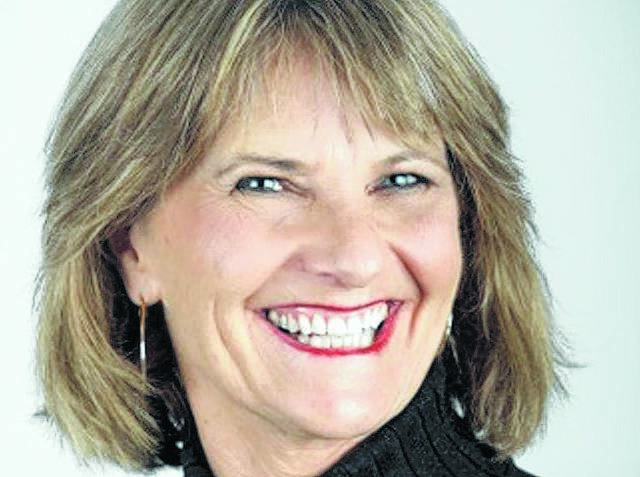With so much information at the touch of my phone or computer, I find myself opening a book less often. Shame.
So, in a fit of clean-out-the-old-stuff, I took to my bookshelves. I am pleased to report that age is not always a reason to toss out a text.
I’ll never give up Julia Child’s “Mastering the Art of French Cooking,” for example. Its 50th anniversary edition was published in 2001. I met this famous chef in 1994 when she reminded me that delicious food is not in opposition to healthful food. And her book gave me courage to try new things when I didn’t have much confidence in much more than grilled cheese sandwiches.
“The Flavor Bible: The Essential Guide to Culinary Creativity” (2008) will forever have a home in my kitchen. More than once, it has given me permission to add a seasoning to a bland dish without fear of not following the recipe exactly. It’s like having a chef in the kitchen saying, “Live a little!”
Not all my books are ancient, however. I recently gave a 2019 copy of “Eating for Pregnancy: Your Essential Month-by-Month Nutrition Guide and Cookbook” to a friend who is trying to conceive. Co-authored by cookbook writer Catherine Jones, registered dietitian Rose Ann Hudson and obstetrician Teresa Knight, this book offers science-based information for every stage of pregnancy plus 150 recipes to fortify mom’s diet during this critical time of infant development.
Yum, yum and yum to the recipes in “The Modern Salad” (2016) by chef and food writer Elizabeth Howes. This collection of new American and international recipes has its inspiration in Tea Leaf salad which was once reserved for Burma’s royalty. Plenty of mouth-watering fare for vegetarians and meat eaters alike.
“1,001 Delicious Recipes for People with Diabetes,” now in its 3rd edition (2015), has the blessings of registered dietitians Linda Eugene and Linda Yoakam. A vegetarian section helps you identify vegan (all plant-based), lacto-vegetarian (contains dairy products), lacto-ovo (contains dairy and eggs), and ovo-vegetarian (contains eggs). I like the simple ingredients and the index in the back that gives me ideas on how to use a particular food item.
OK, I don’t personally have this book but I wish I did … hint, hint. “The Food Substitutions Bible: 8,000 Substitutions for Ingredients, Equipment and Techniques” ( revised 3rd edition, 2022) has the makings of a book that belongs in my kitchen.
Author David Joachim asks, “Have you ever been in the middle of making a meal only to discover you have run out of a key ingredient or don’t own a specialty pan called for in the recipe?” The answer? Substitute something else that may even be better than the original. Bonus: This book is organized from A to Z and even includes 188 simple recipes plus vegan and kosher alternatives. Yes, please.
Barbara Quinn-Intermill is a registered dietitian and certified diabetes educator affiliated with Community Hospital of the Monterey Peninsula. She is the author of “Quinn-Essential Nutrition” (Westbow Press, 2015). Email her at to [email protected].







